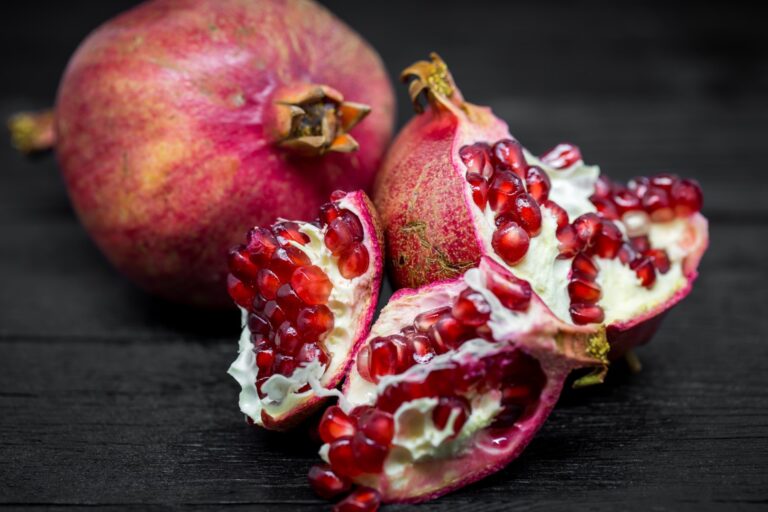Mediterranean Diet versus Gluten-Free Diet
Hashimoto’s Thyroiditis, which is an autoimmune thyroid gland disorder, typically leads to increased oxidative stress. The current study aimed to identify whether dietary consumption could minimize oxidative stress markers and improve patient results.
Mediterranean Diet Benefits: The study showed that patients on the Mediterranean Diet experienced a considerable reduction in oxidative stress markers. Rich in antioxidants, anti-inflammatory foods, and healthy fats, the diet opposes oxidative damage, which is key to managing HT symptoms.
Observations on Gluten-Free Diet: Though a gluten-free diet is commonly recommended for autoimmune conditions, the study revealed that its effect on oxidative stress markers was not as pronounced as the Mediterranean Diet. However, it was still beneficial for patients with gluten sensitivity or celiac disease in combination with HT.
Oxidative Stress Indicators Analysis: Researchers assessed indicators such as malondialdehyde (MDA) and superoxide dismutase (SOD). Participants following the Mediterranean Diet showed lower MDA levels and increased SOD activity, indicating a reduction in oxidative stress levels.
Consequences for Nutritional Oversight The findings show that the Mediterranean Diet may be able to offer Hashimoto’s Thyroiditis patients greater reduction of oxidative stress than a Gluten-Free Diet. However, each patient will respond differently, and diet needs to be tailored to each patient’s personal needs and potential food sensitivities.
Negative effects of gluten-free diet
A gluten-free diet (GFD) can significantly impact the gut microbiota, often in both positive and negative ways. Many studies have shown that a GFD can lead to reduced gut microbiota diversity, especially in individuals without celiac disease. Reduced intake of whole grains and fiber can decrease beneficial bacteria, such as Bifidobacterium and Lactobacillus. Long-term adherence to a GFD, especially when reliant on processed gluten-free foods, can cause dysbiosis (microbial imbalance).
This can contribute to metabolic changes, reduced gut barrier function, and increased inflammation.
Conclusion
Reflections Although more research is warranted to establish the long-term impacts of such dietary practices, the study identifies the promise of a Mediterranean Diet as a component of a multimodal treatment of oxidative stress in Hashimoto’s Thyroiditis patients. In non-celiac patients it can lead to less microbiome variability on long term. So, it is important to avoid eating only processed gluten free foods.
The patients who suffer from this disease must consult healthcare providers for personalized dietary recommendations.
Reference:
Laganà, M., Piticchio, T., Alibrandi, A., Le Moli, R., Pallotti, F., Campennì, A., Cannavò, S., Frasca, F., & Ruggeri, R. M. (2025). Effects of Dietary Habits on Markers of Oxidative Stress in Subjects with Hashimoto’s Thyroiditis: Comparison Between the Mediterranean Diet and a Gluten-Free Diet. Nutrients, 17(2), 363. https://doi.org/10.3390/nu17020363




